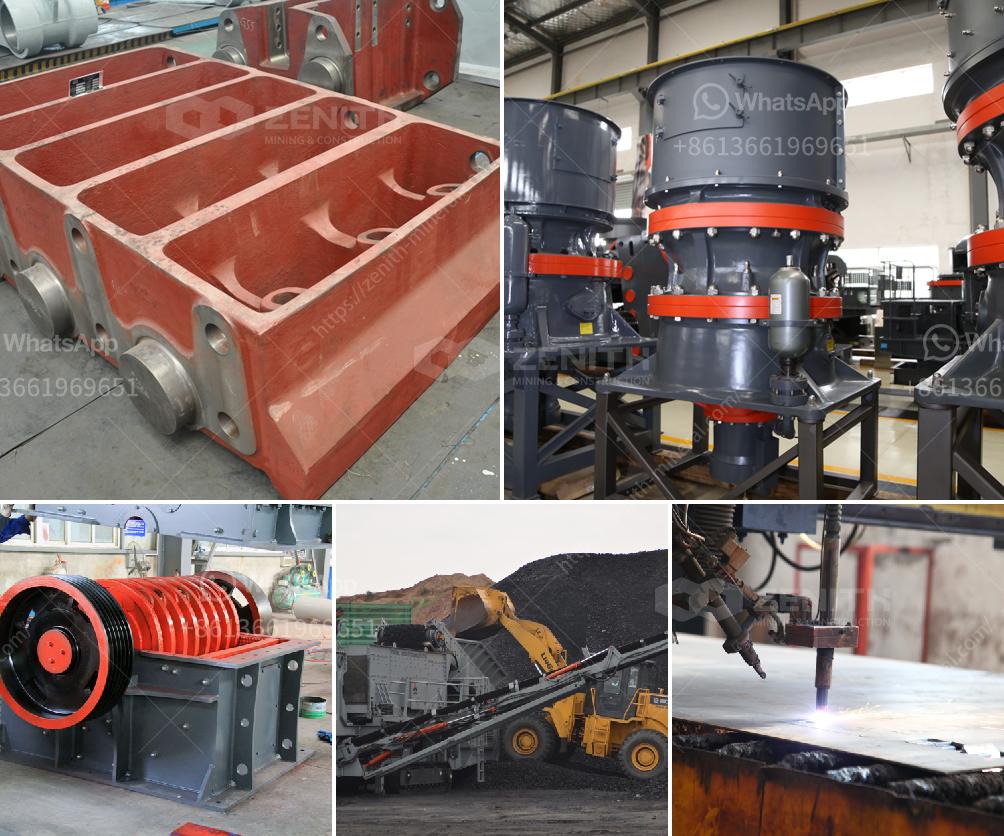Iron ore mining in Pakistan involves the extraction of iron ores, which are used as a primary raw material in the production of steel. Pakistan possesses a significant quantity of iron ore deposits, primarily located in the regions of Kalabagh, Chiniot, Nokundi, and Margalla Hills. Here are some key aspects of iron ore mining in Pakistan:
-
Major Reserves:
- Kalabagh: Known for its large iron ore deposits, these reserves are located in the Punjab province.
- Chiniot: This area gained significant attention after the discovery of substantial high-grade iron ore deposits in the Punjab province.
- Nokundi: Situated in the Balochistan province, Nokundi is noted for its iron-rich geological formations.
- Margalla Hills: These hills, located near Islamabad, also contain iron ore.
-
Mining Techniques:
- The mining of iron ore in Pakistan is conducted through both open-pit and underground mining techniques. The choice of method depends on the geology of the ore body and other economic factors.
-
Economic Significance:
- The iron ore mining sector contributes to the country’s economy by providing raw material for the steel industry, which is crucial for various infrastructure and development projects.
- Development of local iron ore resources can help reduce the need for imports and support domestic industries.
-
Challenges:
- The iron ore mining industry in Pakistan faces challenges such as outdated mining technology, lack of infrastructure, and insufficient investment.
- There are also environmental concerns associated with mining activities, including habitat destruction and pollution.
-
Future Prospects:
- The government of Pakistan has been focusing on enhancing the mining sector by inviting foreign investment, upgrading mining technology, and implementing regulatory reforms.
- Ongoing exploration and feasibility studies are expected to further delineate and develop new iron ore deposits.
Overall, iron ore mining holds substantial potential for contributing to Pakistan’s industrial development and economic growth.

